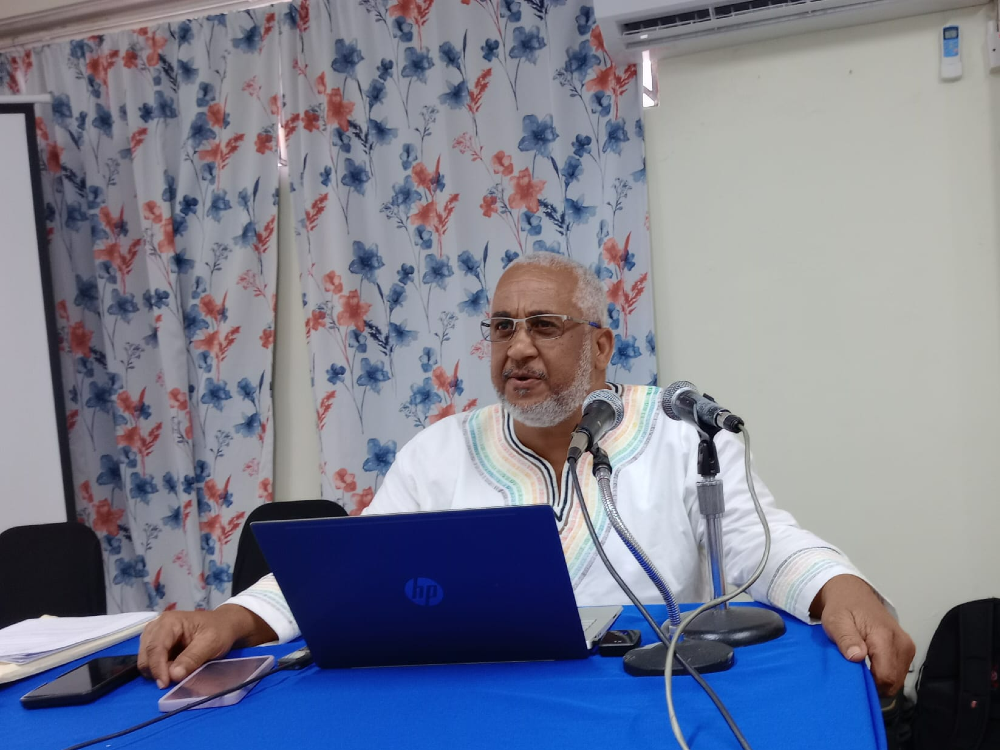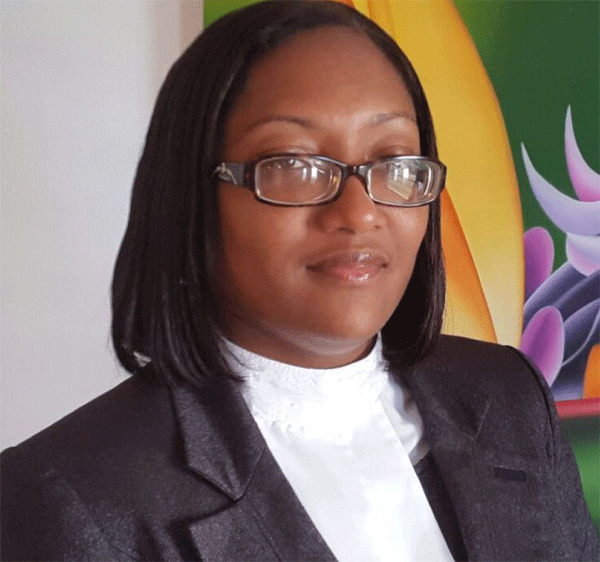
The High Court has ruled in favour of a “gay man” who challenged the country’s law which criminalizes buggery and other sexual activity between consenting partners, including and in particular, partners of the same sex.
The gay man who brought the action is claiming that the law violates “numerous rights guaranteed in the Constitution of Dominica.”
In his challenge, his lawyer targeted section 14 and section 16 of the Sexual Offenses Act of Dominica.
Section 14 is a sweeping law criminalizing gross indecency which is defined as any act (other than penile-vaginal sex) by anyone “involving the use of the genital organs, breast or anus to arouse or gratifying sexual desire.” The maximum penalty is 12 years in prison (if the act is committed with a person aged 16 or older), while section 16 of the Act criminalizes buggery, which the Act defines as anal sex between two men or between a man and a woman. The maximum penalty is 10 years imprisonment plus the possibility of forced psychiatric confinement.
In her 40-page ruling, Justice Kimberly Cenac-Phulgence concluded that sections 14 and 16 of the Sexual Offenses Act contravene Sections 1 and 10 of the Dominica Constitution and their rights to liberty as enshrined in the Constitution.
Statement by MiRiDom
Today, we gather to mark a significant milestone in the journey toward equality, dignity, and freedom in our beloved nation of Dominica. After years of relentless advocacy, dialogue, and legal battle, MiRiDom celebrates a monumental victory for the LGBTQ+ community and for all who cherish human rights.
This legal acknowledgment is a testament to over 14 years of MiRiDom’s advocacy, ensuring that members of the LGBTQ+ community are no longer marginalized or criminalized for their sexual preferences. Our path to this welcome judgment has been paved with consultations, negotiations, and discussions with the public, government officials, religious leaders, and regional and international bodies, including the United Nations and foreign embassies.
It is through these efforts, supported by countless individuals, that we have achieved this groundbreaking result. However, let us not view this victory as the culmination of our efforts. Rather, it is a significant milestone on the continuing path towards full equality and acceptance. The court has fulfilled its role, dismantling the legal framework that underpinned hate and discrimination. The era where bullying and taunting could be justified under the guise of the law is over.
Now, no one can claim that same-sex gender intimacy is against the law, rendering moot the argument that because the Bible says so. If one’s religious belief is predicated on hate and disparagement, then it’s time to seek a more compassionate path. The maxim Do unto others as you would have them do unto you has never been more pertinent.
This distinction between civil and religious law is fundamental. Civil law is designed to uphold human rights, ensure equality, and protect individuals and their possessions without bias. It does not confer privileges to some while denying others. In contrast, religious law pertains to spiritual guidance and is the domain of religious institutions to interpret and enforce among their congregations.
To the LGBTQ+ community in Dominica, this victory is both a celebration and a call to action. We must conduct ourselves with responsibility and grace, recognizing that the path toward true acceptance is long and winding. The culture of homophobia that has pervaded our society will not vanish overnight. The repeal of these laws does not instantly dissolve the deep-seated prejudices within our society.
It is crucial to remember, that this legal victory does not condone or excuse illegal behaviour such as pedophilia, rape, or gross indecent exposure, which remain punishable under the law. Our commitment to upholding dignity and consent remains unwavering.

Daryl Phillip of MiRiDom
Cara Shillingford represented the gay man named “BG”, with David Dorest for the AG, Joshua Francis for the Dominica Association of Evangelical Churches, and Joelle Harris for the Bishop of Roseau et al.

